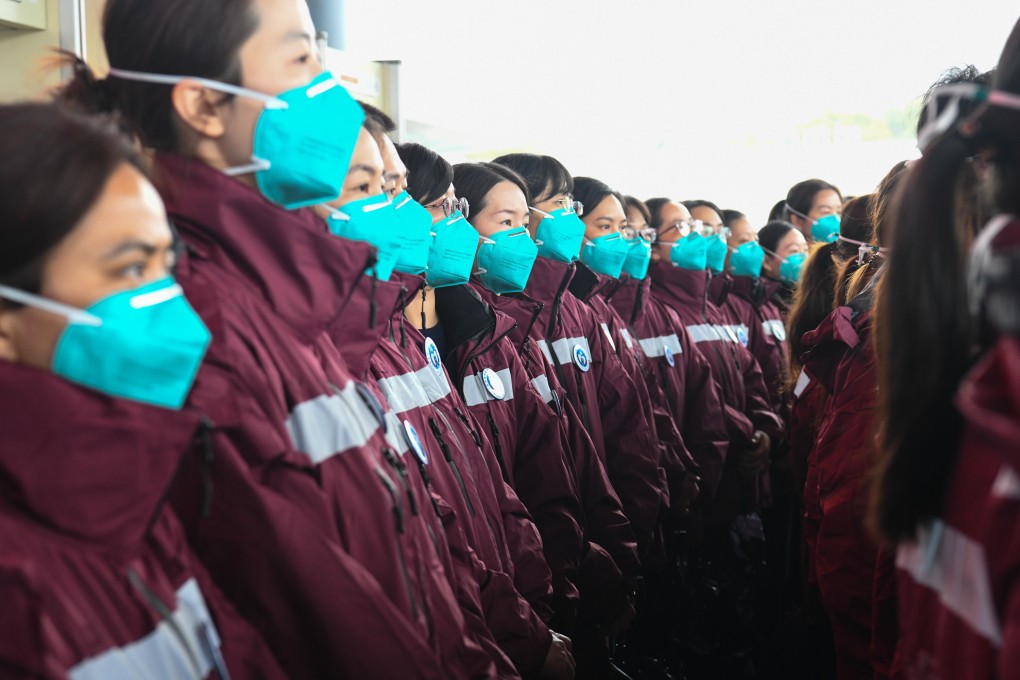Letters | Mainland medical staff deserve thanks for supporting Hong Kong’s Covid-19 fight
- Readers praise the professionalism and selflessness of the mainland volunteers, despair at the lack of logic in Covid-19 restrictions and question the safety of IB exams when the non-exam option is available

The fifth wave of Covid-19 that began in January is one of the worst epidemic crises in the history of Hong Kong.
The Hong Kong Academy of Nursing is grateful to all frontline healthcare professionals who are bravely fighting against the virus. They have been working round-the-clock to take care of a huge number of patients in the hospitals and community treatment facilities. Besides their regular patient care duties, they also have to facilitate the remodification of wards and transfer of patients – all while upholding the highest service quality despite the overwhelming workload and stress.
Many medical professionals succumbed to the virus during this fifth wave, and our public healthcare system was on the brink of collapse. To ease the pressure on the system and the manpower crunch, Hong Kong asked for help from the central government.